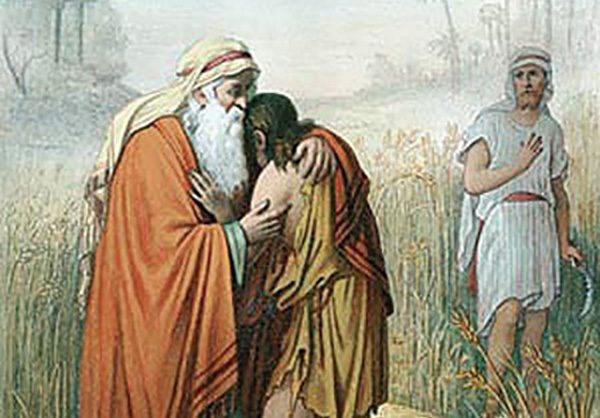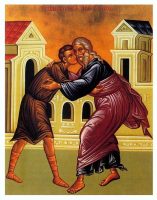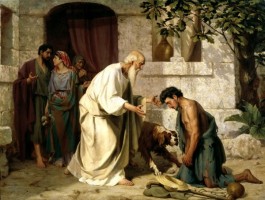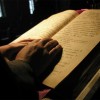Some people abandon themselves to sin in order to cover up their lack of self esteem. In their need for intimacy and acceptance, they seek out worldly pleasures, thinking these will fill the void that has kept them from happiness. In their desperate search for love, they are unable to form lasting friendships, and they spiral down, failing, ultimately, to achieve that which will satisfy them. Replacing carnal pleasures for true intimacy, they fall further into their brokenness. Falling ever more deeply into the abyss of the self-serving ego, they are estranged from true joy, and lasting peace.
These people are in need of mercy. And what is the Church, if not the place wherein they can be healed. If we who form the Body of Christ see ourselves as inspector generals, and set upon others in order to expose their sins and shortcomings, we deprive ourselves of the grace that comes from being merciful. If we, in our pride and self-serving ego, become like the eldest brother of the prodigal son, protesting our Father’s embrace of our returning lost brother, we become lost ourselves.
What are we to do when we see the sins of others, and what is to be our response? The Great and Holy Fast is a time for repentance, and a time for forgiveness. If we are to expect God’s mercy, we must be quick to be merciful to others. We must be blind to their sins and shortcomings, and look only to our own brokenness. For it is in reconciliation, not punishment, that we find God, and love of neighbor. We must rejoice when one among us has repented, and like the father of the prodigal son, must be quick to run forth with open embrace.
When we are brought down with the acknowledge of our own rottenness, we can begin to overlook the shortcomings of others. When we focus on God, we see not the sins of our neighbors, and we learn not to react, we learn not to resent, and we learn not to lose our inner peace.




















